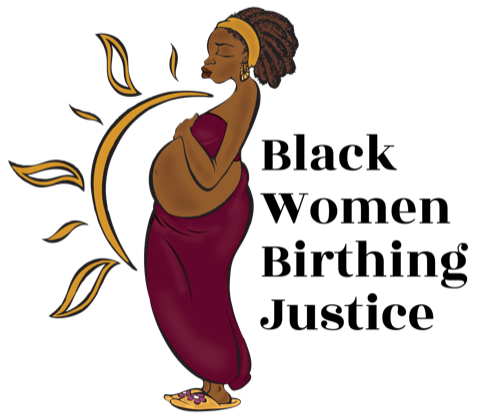"Awareness can save lives!": Tia's Preeclampsia Story
I had a plan. To have a natural birth in water. No surgery. No medication. And I even heard the word preeclampsia, albeit in passing, as a reason I would not be able to birth in water if this life-threatening condition arose. I felt informed and then moved through an effortless and healthy pregnancy. Until the 37-week mark.
I felt healthy and ready to deliver any day. However, I didn't know that any day meant almost three weeks earlier than anticipated.
In just one brief evening, everything changed. What felt like bloating for which I could not get relief turned into a 30-minute drive to the hospital “as a precaution” followed by the most harrowing experience and subsequent journey of my life and my baby’s life. Little did I know that after arriving at the hospital that evening, I would not go home for four months!
When I got to the hospital, my blood pressure was 210/150. I panicked - and before I knew it I began to have a seizure and didn’t know what was happening. I felt my body become very stiff and the room became extremely blurry. I knew something was terribly wrong. I attempted to call for help, but my mouth just could not open. I blacked out. They needed to take the baby ASAP - to save both of our lives. Ayah was born by emergency C-section at 37 weeks. I woke up very disoriented and the only thing I could comprehend was “your baby girl is okay.”
The diagnosis – HELLP syndrome (H - hemolysis, which is the breaking down of red blood cells; EL - elevated liver enzymes; and LP - low platelet count), a condition that is a severe variant of preeclampsia. I had no idea what it was or what it meant at the time. Six years later, I know all too well as the emotional and physical toll was seemingly endless.
Mentally, I’m burdened every day with the thought of what could have happened and being so grateful the worst did not come to pass – for myself or Ayah. Learning to live a healthier life and listen to my body has been my most important lesson and task. I feel obligated to do more than exist now — I need to live, and live with a purpose.
It was through the Preeclampsia Foundation that I found hope and support for the overwhelming emotional journey I was on. I met other women who had experienced preeclampsia and the emotional effects as well. And I learned that Black women are at increased risk and often fare worse. It has been my absolute mission to educate families in my community about preeclampsia so that we are aware of the risks associated with preeclampsia and how this adds to our chances of heart disease in the future. Awareness is everything. Awareness can save lives.
It is important for Black women who experience postpartum emotional challenges associated with preeclampsia and HELLP syndrome to get the help they need to recover. Women should advocate for themselves, talk to their healthcare team, and go to www.preeclampsia.org for resources to help with emotional recovery.
All of this led me to become a coordinator of the Miami Promise Walk for Preeclampsia, one of the Preeclampsia Foundation’s 40 community-based events across the nation to raise awareness about preeclampsia. My motto is that I don't want any family to ever have to experience childbirth like I did because they didn't know.
For information on preeclampsia and other hypertensive disorders of pregnancy, visit www.preeclampsia.org. You can also share this video so all pregnant women know what symptoms to look for and when to get help right away.
Fathiyyah "Tia" Doster is a 32-year-old mother to daughter Ayah Nazjae. She is also a master's level mental health therapist and entrepreneur, owning her own mobile juice company. Tia currently resides in the city of Miami Gardens, Florida, where she was born and raised -- and continues to raise awareness of preeclampsia in her South Florida community.
BWBJ Notes: We publish this blog in partnership with the Preeclampsia Foundation as part of Preeclampsia Awareness Month. When African American women have Preeclampsia, we are more likely to have a severe form, and we are 4x more likely to die from the disease than other women. Let's educate ourselves about the symptoms and help save lives! #blackwomenslivesmatter
Got something to say? Email bwbj.info@gmail.com with a proposal for a blog topic.
Join the conversation! Download free chapters and discussion questions from BWBJ's book Birthing Justice: Black Women, Pregnancy and Childbirth edited by Julia Chinyere Oparah and Alicia D. Bonaparte at www.bwbj.org.

